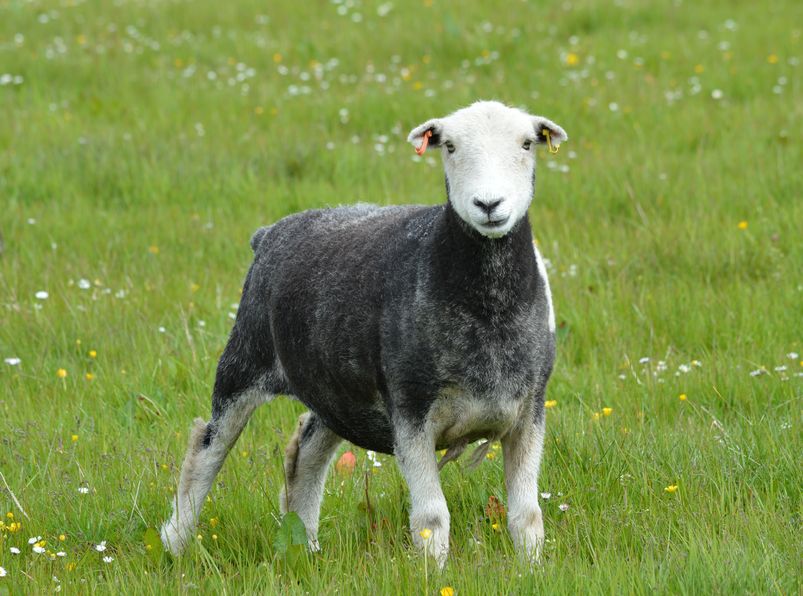
Choosing native breed livestock could offer farmers an opportunity to insulate against hikes in feed and supplement costs, according to campaigners.
A new survey by the Rare Breeds Survival Trust (RBST) shows that overall costs with native breeds were lower than with continental breeds in 69% of respondents.
This compares with 7% who said native breed costs were higher and 21% who said costs were the same.
On feed and supplement costs specifically, 59% of farmers thought their feed and supplement costs were lower with native breeds than their experience or expectation with continental breeds.
The survey by the campaign group also shows that the opportunity for cost savings with native breeds extends to land and veterinary costs.
Nearly two-thirds (62%) of farmers said their costs related to the type of land required are lower with native breeds than with continental breeds, and 53% of respondents said their veterinary costs are lower with native breeds.
RBST chief executive, Christopher Price said picking native livestock breeds over continental breeds offered farmers "a strong opportunity for commercial success."
He said: “The fact that our hardy native breeds generally require lower inputs has become even more appealing as costs such as feed and supplements have skyrocketed, and look set to stay elevated."
When asked about barriers with choosing native breeds, farmers taking part in the survey identified the lack of suitable abattoirs.
Over one-third (35%) of respondents considered this issue as one of the greatest barriers to growing their native breed business.
Mr Price said concerns remain high over the lack of local abattoirs suitable for native breed farming, calling it a "frustrating barrier to growth".
"We have been drawing government’s attention to this problem and suggesting solutions, and we welcome the Farming Minister’s announcement of the Small Abattoir Fund.
"Translating the announcement of the fund into positive action on the ground, and soon, is critical," he said.
Sue Dudley of Black Orchard Large Blacks, based in Carmarthenshire, who took part in the survey, said her business couldn’t afford to farm modern commercial pigs as the initial set-up costs "are vast".
"Instead we breed very rare Large Black pigs outside using a low-input, extensive system," she explained.
"Large Blacks are very hardy pigs which cope well with the vicissitudes of the Welsh weather, and are also thrifty with their feed.
"The pigs might grow more slowly but the feed costs are lower, especially with adding home-made forage from our biodiverse traditional hay-meadow to their diet."
She added: "With the unique selling points and incredible flavour of traditional rare breeds, we are able to charge a premium, in fact over twice as much as more commercial half pigs being sold direct to the public.”
The RBST's commercial trends survey was undertaken by 200 farmers and smallholders from across the UK.
